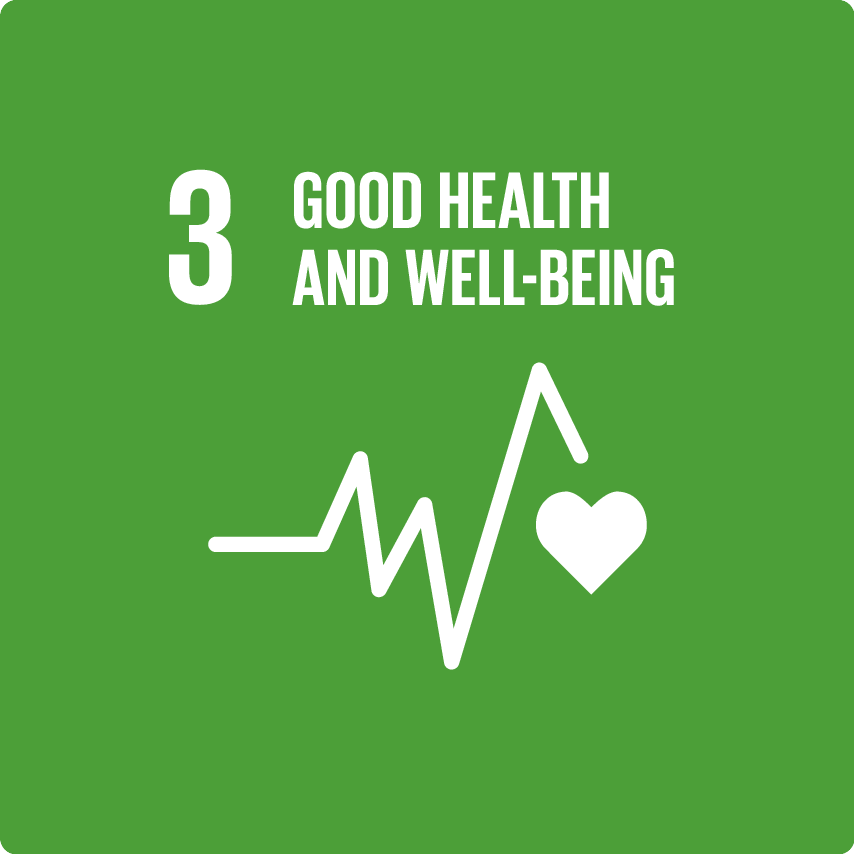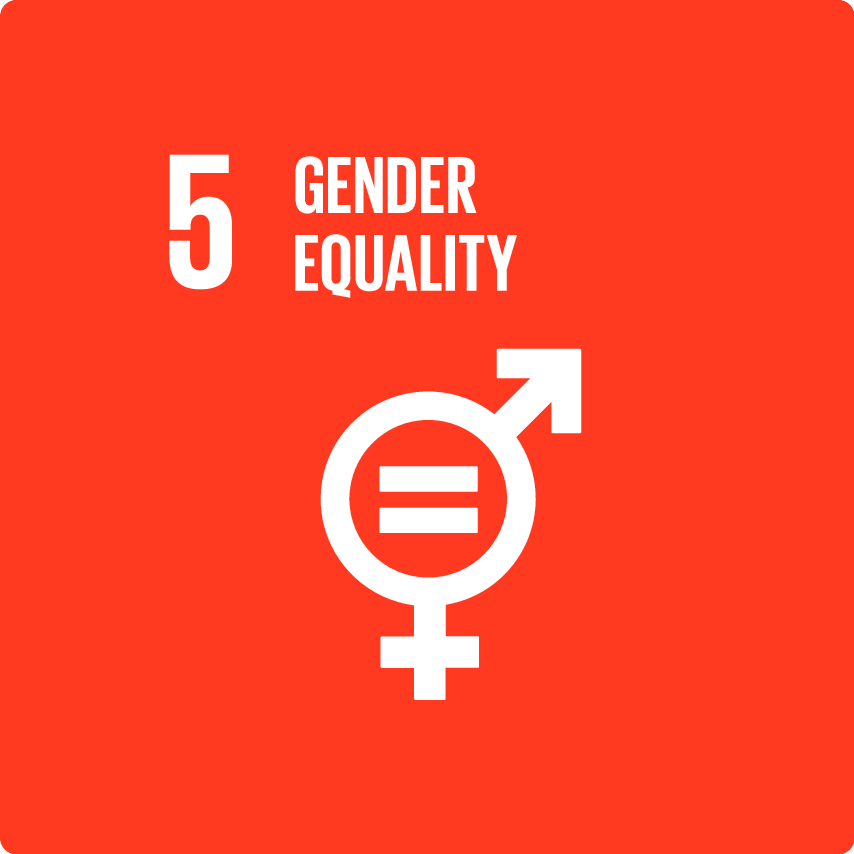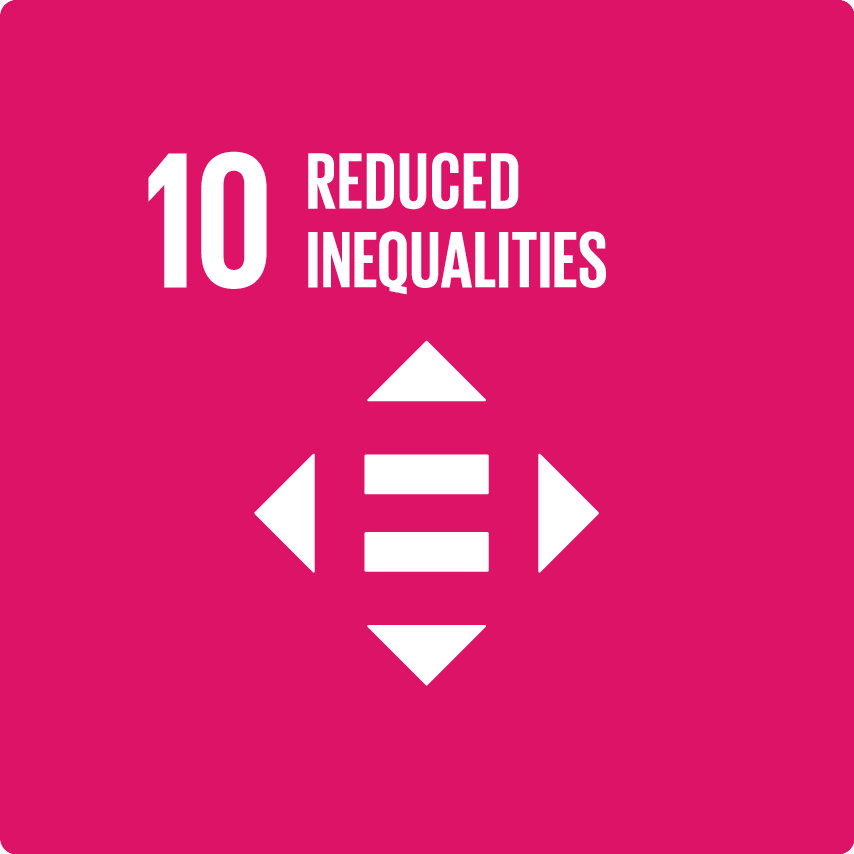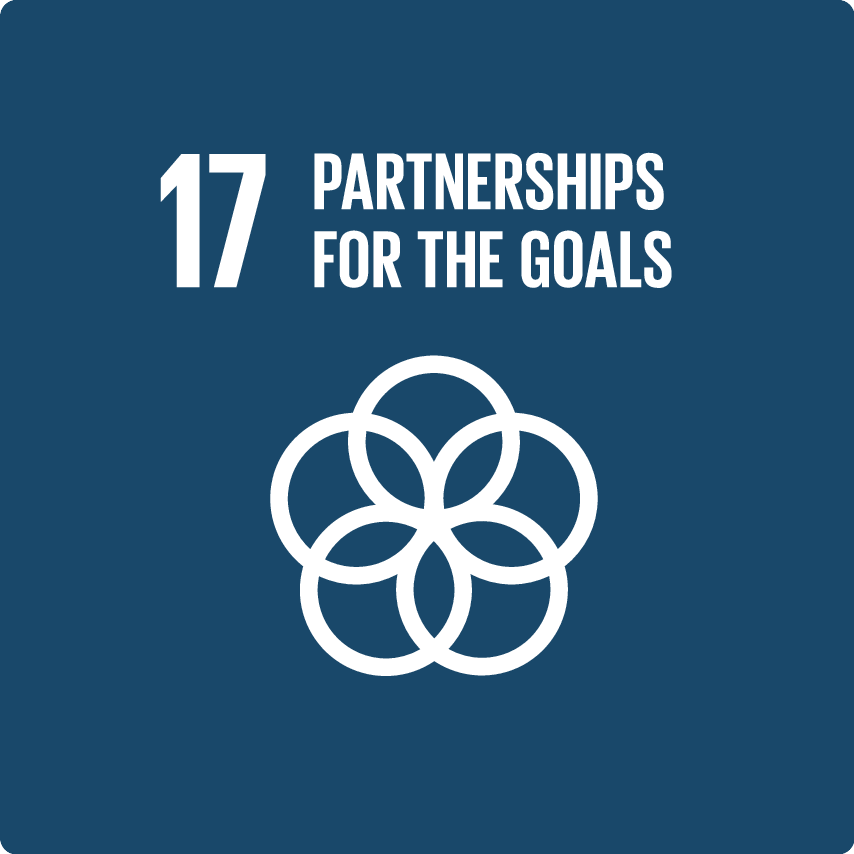Worldwide Support for Family Planning
Making high-quality, modern hormonal contraceptives available and accessible to women in low-resource areas.
SEE ALL PARTNER ORGANIZATIONS
Objectives
- Make high-quality, modern hormonal contraceptives available and accessible to women in low-resource areas.
What are the health needs and challenges?
According to estimates by the WHO published in 2012, more than 200 million women in low and middle-income countries want reliable and modern contraception, but have no access to it. The Annual Report of DSW (Deutsche Stiftung Weltbevoelkerung) states that every year 80 million women unintentionally become pregnant worldwide, and more than half a million die of complications during pregnancy or childbirth. Women in developing and emerging countries often do not have any possibility of protecting themselves against unintended pregnancies, which in turn increases the risk of falling even deeper into poverty.
Partnership activities and how they address needs and challenges
As a leader in hormonal contraception, Bayer has been supporting family-planning programs in more than 130 countries for 50 years. Bayer is part of a family planning network of public and private partners and offers a broad range of different high quality products, such as oral contraceptives, injectables and implants. In addition the company contributes its knowledge, skills and global networking contacts.
In 2009 and USAID Bayer launched the “Contraceptive Security Initiative” (CSI), the first ever collaboration between a public sector company and a US governmental organization. CSI provides our oral contraceptive Microgynon® Fe at an affordable price – in terms of local incomes – to middle income women in Sub-Saharan African countries. The program was launched in Ethiopia in 2010 and has since been extended to Uganda, Tanzania, Rwanda, Ghana, Kenya, Malawi, Nigeria, Ivory Coast, Senegal and Burkina Faso.
Apart from access to modern contraceptives, self-determined family planning also requires knowledge. Sex education – with a special focus on teenagers and young adults – is therefore an essential cornerstone for improving people’s future opportunities. All activities within World Contraception Day aim to increase awareness of contraception. It is a coalition of 14 international NGOs, a governmental organization, and scientific and medical institutions with an interest in sexual and reproductive health matters. Bayer is also committed to the United Nations’ Global Strategy for Women’s, Children’s, and Adolescents’ Health.
Lessons learned
Major challenges of family planning programs are supply chain security and inventory management, which have to be addressed by all partnerships in the future. Despite immense efforts, there is still a lack of awareness and access to information, as well as a discrepancy between the demand for contraceptive products and the accessibility of commodities. The quality, security and geographical impact of family planning programs can only be improved by intensifying the information exchange between all the stakeholders and by maintaining a continuous dialogue.
Results and milestones
In January 2016, Bayer has renewed its engagement in the field of family planning and women’s health with the launch of the Jadelle Access Program. By halving the price of this still underutilized contraceptive method until 2023, this new program aims to make it more affordable and accessible, while helping women in poor countries expand their choice of contraceptive options.
Geographic Reach
- Global Commitment
Disease Area
- Women’s and Child Health
Target Population
- Women
- Youth
- People with low incomes
Partner organizations
Ministry of Economic Cooperation and Development Germany
World Health Organization (WHO)
UNFPA
World Bank
German Association for International Co-operation (GIZ)
Crown Agents
Global Business Coalition on HIV/AIDS Tuberculosis & Malaria
Danish International Development Agency (DIDA)
UK Department for International Development (DFID)
US Agency for International Development (USAID)
German Development Bank KFW
Amstel Pharma
iMRES
International Planned Parenthood Federation (IPPF)
Marie Stopes International
Population Services International (PSI)
Women Deliver
Missionpharma
Additional resources
Geographic Reach
Global Commitment
Disease Area
Women’s and Child Health
- Family Planning, Sexual & Reproductive Health



